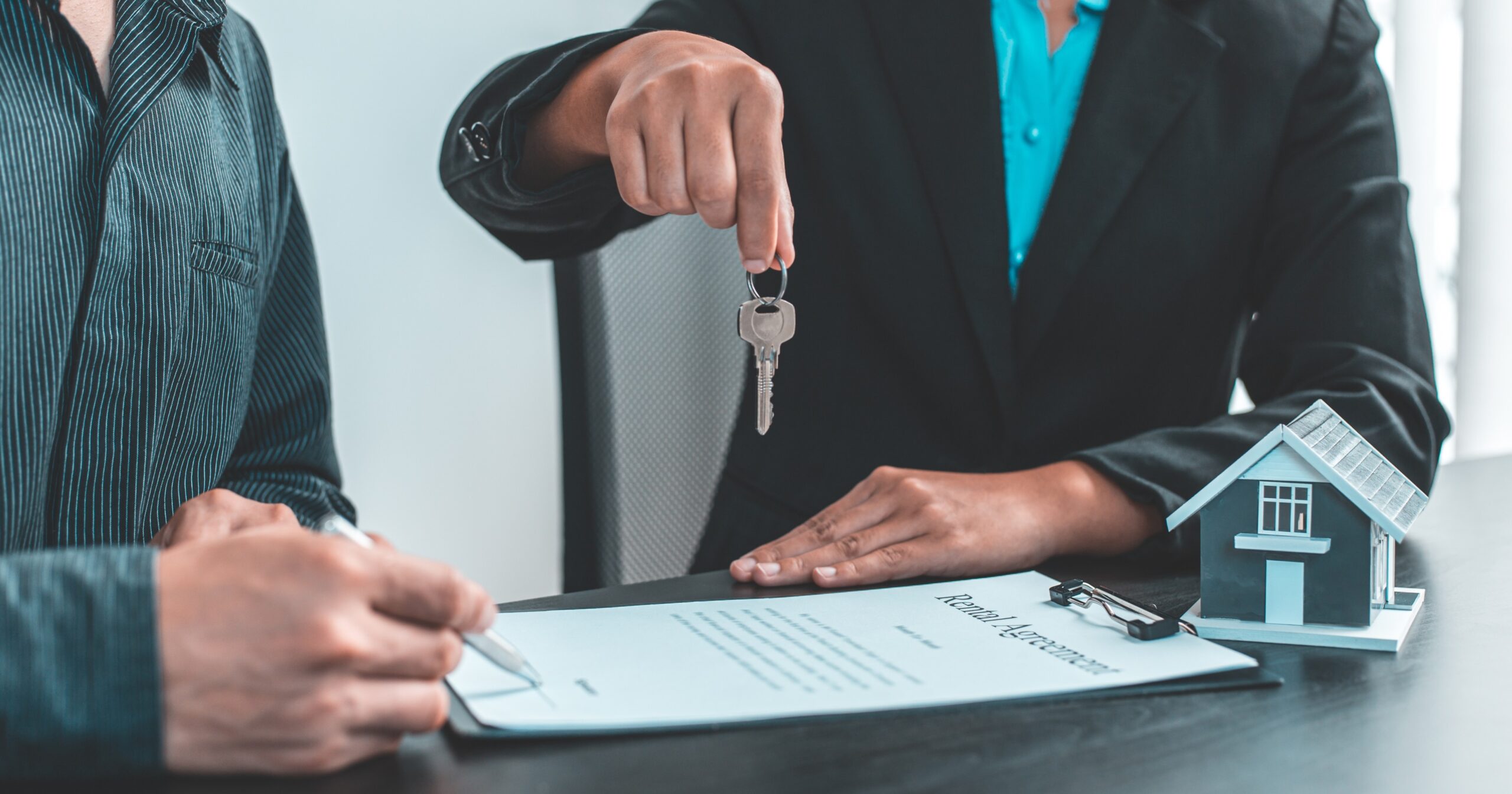As a landlord or tenant, it's important to understand your rights and responsibilities under Colorado's…
What Are The Rights & Responsibilities Of Florida Landlords & Tenants? – Guest Post

As a landlord or tenant in Florida, it is essential to understand your rights and responsibilities within the landlord-tenant relationship. Whether you are a landlord looking to protect your property or a tenant seeking a safe and comfortable living space, understanding the laws and regulations governing your actions is crucial.
Rights Of Florida Landlords
Florida landlords have the following rights:
- The right to collect rent: Landlords have the right to collect rent from their tenants for the use of their property.
- The right to access the property: Landlords have the right to access the property for necessary repairs, inspections, and showings, but they must give reasonable notice to the tenant first.
- The right to evict a tenant: If a tenant violates the terms of the lease agreement, landlords have the right to initiate eviction proceedings.
- The right to set rules and regulations: Landlords have the right to set rules and regulations for the property, such as quiet hours or pet restrictions, as long as they are not discriminatory or in violation of fair housing laws.
- The right to protect their property: Landlords have the right to take necessary steps to protect their property, including making repairs, collecting security deposits, and maintaining the property in a safe and habitable condition.
These rights are subject to the provisions of Florida landlord-tenant law and the lease agreement between the landlord and the tenant.
Responsibilities of Florida Landlords
Florida landlords have several responsibilities, including:
- Complying with fair housing laws and avoiding discrimination
- Upkeep of the rental home to keep it livable
- Giving the tenant a formal rental agreement
- Returning the tenant’s security deposit within 15-60 days after move-out, as required by law
- Complying with all state and local health, safety, and building codes
- Respecting the tenant’s right to quiet enjoyment of the property
- Disclosing any known lead-based paint hazards
- Allowing the tenant to legally sublease the property with the landlord’s written consent
- Providing the tenant with proper notice before entering the rental property
- Providing the tenant with the name and address of the owner or a person authorized to act on the owner’s behalf.
Note: Landlord responsibilities may vary based on state laws, so it is always important to check local laws and regulations.
Rights Of Florida Tenants
As a tenant in Florida, you have the following rights:
- Right to a safe and habitable dwelling: The landlord is required to keep the rental property in a safe and habitable condition and make necessary repairs.
- Right to privacy: The landlord cannot enter the rental property without your permission, except in emergency situations or with proper notice.
- Right to peaceful enjoyment: You have the right to enjoy the rental property without unreasonable interference from the landlord or other tenants.
- Right to due process: You cannot be evicted without proper notice and a court hearing.
- Right to withhold rent: If the landlord fails to make necessary repairs, you may be able to withhold rent, but only after following the proper procedures.
- Right to access and use of common areas: You have the right to access and use common areas, such as parking areas, laundry rooms, and recreation facilities, as long as you comply with the rules and regulations.
- Right to assign or sublease: You may be able to assign or sublease the rental property with the landlord’s permission.
- Right to sue: You have the right to sue the landlord if your rights are violated, such as if the landlord fails to make necessary repairs or breaches the lease agreement.
It’s important to carefully review the lease agreement and state laws to understand your specific rights as a tenant in Florida.
Responsibilities of Florida Tenants
As a tenant in Florida, you have the following responsibilities:
- Pay rent on time as agreed in the lease agreement.
- Keep the rental property clean and maintain it in a good condition.
- Use the property only for lawful purposes.
- Not cause intentional or negligent damage to the property.
- Not disturb other tenants or neighbors.
- Provide the landlord with reasonable access to the property for repairs and inspections.
- Not alter the property without the landlord’s permission.
- Comply with all building and housing codes.
- Not engage in illegal activity on the rental property.
- Return the property in the same condition as when you received it, reasonable wear and tear excepted.
It’s important to carefully review the lease agreement for any additional responsibilities or obligations specific to your rental property.
Final Thought
Understanding the rights and responsibilities of Florida landlords and tenants is critical for a smooth and successful rental experience. As a landlord, it’s important to provide safe and habitable housing, respect the tenant’s privacy, and comply with all laws and regulations. As a tenant, you have the right to a safe and habitable dwelling, privacy, peaceful enjoyment, and due process, among other rights. By fulfilling their obligations and respecting each other’s rights, landlords and tenants can build a strong and productive relationship. If you have any questions or concerns, it’s always a good idea to seek the advice of a knowledgeable attorney or housing expert.


 5.0 stars Posted by Mary June 30, 2016
5.0 stars Posted by Mary June 30, 2016